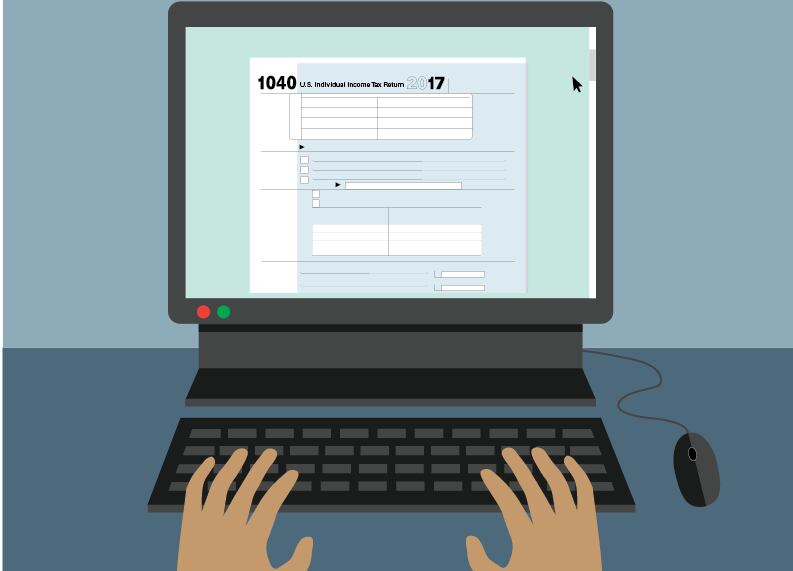A year into a program that allows the Internal Revenue Service to take 15 percent of a military retiree’s pay to cover back taxes, the agency will apply a formula to be sure that garnishment won’t cause economic hardship.
The move comes in response to concerns raised by Sens. Thom Tillis, R-N.C., and Elizabeth Warren, D-Mass. Acting IRS commissioner David Kautter informed the senators of the change in a Jan. 12. letter.
The Federal Payment Levy Program lets the IRS garnish the pay of federal employees and retirees when those taxpayers neglect or refuse to pay a balance due on taxes, after a process that includes sending the taxpayer a series of notices.
Last year, the IRS expanded that program to include military retired pay. However, unlike the way it applies that process to other federal benefits — Social Security payouts, for instance — the IRS didn’t use a low-income filter to determine whether levying the military retirement pay would cause that military retiree economic hardship.
But data provided to the senators show more than 10 percent of military retirees subjected to the levy in recent months would’ve had retirement payments protected if the low-income filter applied to them.
“Based on a re-analysis of our data, the number of military retirees who would qualify to be excluded from the FPLP based on the low-income filter is high enough that we will move to apply the low-income filter to all military retiree payments,” Kautter wrote in the letter.
The change likely won’t be made until early fall, Kautter noted, once officials can make the changes to their information technology systems and procedures. If a collection is causing hardship for a military retiree in the interim, “the IRS will work with the taxpayer to make that determination and release the levy,” he wrote.
RELATED

The IRS already excludes all Medal of Honor military retirees, and those with disability payments, from FPLP levies.
“Most military retirees have spent 20 years or more serving their country ― the IRS shouldn’t be withholding the retirement benefits they’ve earned and need just to get by,” Warren said in a statement. “I’m glad the IRS agreed to protect these veterans in response to our bipartisan letter.”
Taxpayers who are delinquent receive a series of notices requesting payment and offering options for resolving the balance due, such as an installment agreement, Kautter stated. Taxpayers usually have more than six months to make payment arrangements before the levy is put in place.
Karen has covered military families, quality of life and consumer issues for Military Times for more than 30 years, and is co-author of a chapter on media coverage of military families in the book "A Battle Plan for Supporting Military Families." She previously worked for newspapers in Guam, Norfolk, Jacksonville, Fla., and Athens, Ga.





